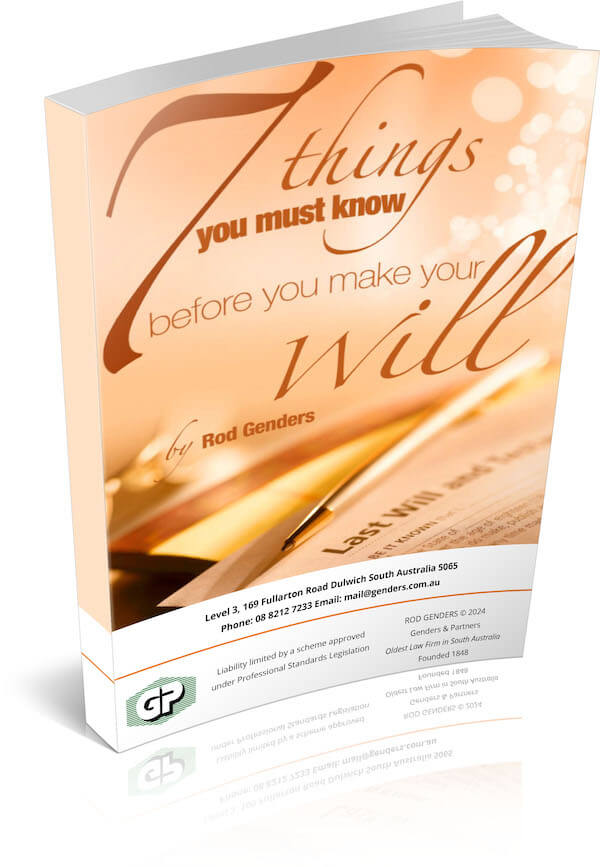 YOYO stands for “You’re On Your Own”, and it has never been truer for Australian retirees.
YOYO stands for “You’re On Your Own”, and it has never been truer for Australian retirees.
In the 1980’s the Australian government changed government policy to encourage us all to save enough money for our eventual retirement.
This was done with the promise that we would be mastering our own destiny to enjoy a wonderful and carefree retirement. The idea was to reduce the dependence upon government funds for the old-age pension.
There has been a tremendous change in the social culture of Australia in the 40 years or so since superannuation commenced.
Consumerism and household debt have risen to enormous levels. Millennials cannot afford to buy into the housing market, so they are missing out on capital creation from the rising equity in their own homes.
Millennial women are taking time out of their careers to start a family, thus foregoing both income and superannuation contributions.
During the pandemic, many younger people withdrew substantial sums ($10,000 – $20,000) from their super nest egg, meaning that when they eventually retire they will have lost both that amount and the very substantial effect of compound interest upon it over the ensuing decades.
These and related factors have left millennials with a substantial shortfall (on average) in their projected savings for retirement.
This is why You’re On Your Own. The government absolutely won’t have enough funds to provide full pensions and ever-more-expensive health-care for the enormous numbers of Baby Boomers, GenXers, GenYers and Millennials when they leave the workforce and head into the twilight years.
There simply are not enough replacement workers coming into the workforce behind us to pay for everything through current taxes.
It is no coincidence that in the same era as superannuation began in Australia the GST (Goods & Services Tax) was introduced to reduce reliance upon workers’ incomes as the main source of government revenue.
In order to secure a comfortable retirement, Australians may need to consider some sort of supplemental retirement income.
This is why the Australian government is actively encouraging older workers to delay their retirement, and remain in some form of paid employment after the age of 67.
Part time consulting work is being promoted as an excellent way of “easing back”, but continuing to “keep your hand in”.
This helps the country by retaining much-needed skills and experience within the workforce, helping to train younger workers, and also supplementing income without wholly relying upon Centrelink & Medicare funding.
A properly integrated estate plan, including appropriate financial planning, is essential to maximise your income and legitimate entitlements, while protecting your assets and fairly managing your tax.
Death and taxes (and illness) may be unavoidable but they don’t have to ruin your family or your business. Make the effort to protect the people you really care about.
Call us to create an integrated estate plan. And do it NOW before it is too late.
Genders and Partners is the oldest law firm in South Australia, established 1848. Contact us to learn how to protect yourself, your family and your assets through modern integrated estate planning solutions, by visiting our website today and schedule a free no obligation telephone consultation to find out how they can help you and yours.
Remember – any mistakes you make in your estate planning documents won’t become apparent until after it’s too late for you to fix them. Get proper advice, and do it right.
It is also vitally important that you keep your estate plan up to date – it is not a set-and-forget exercise.
To learn how to protect yourself, your family and your assets, by creating a professionally-made estate plan, claim your FREE 15 minute Telephone Consultation
You can learn more about superannuation and death benefit nominations in these articles:
SPECIAL REPORT “7 Things You Must Know Before You Make Your Will”
In this report you will Learn:

Why home-made Wills can be a LOT more expensive than you might think.
The secret weapons used by the rich & powerful to protect their assets, and transfer their wealth two or three generations ahead.
How Estate and Trustee Companies make BIG money from “free” Wills.
The Most Common Estate Planning Mistakes, how they can cost your family a fortune, and How to Avoid Them.
The Elements of a Sound Estate Plan – why a Will alone is not enough.
How to Make Sure Your Assets Stay in Your Family and are not lost to creditors, lawsuits or ex-spouses.
How to guard against challenges to your Estate after you’re gone.







